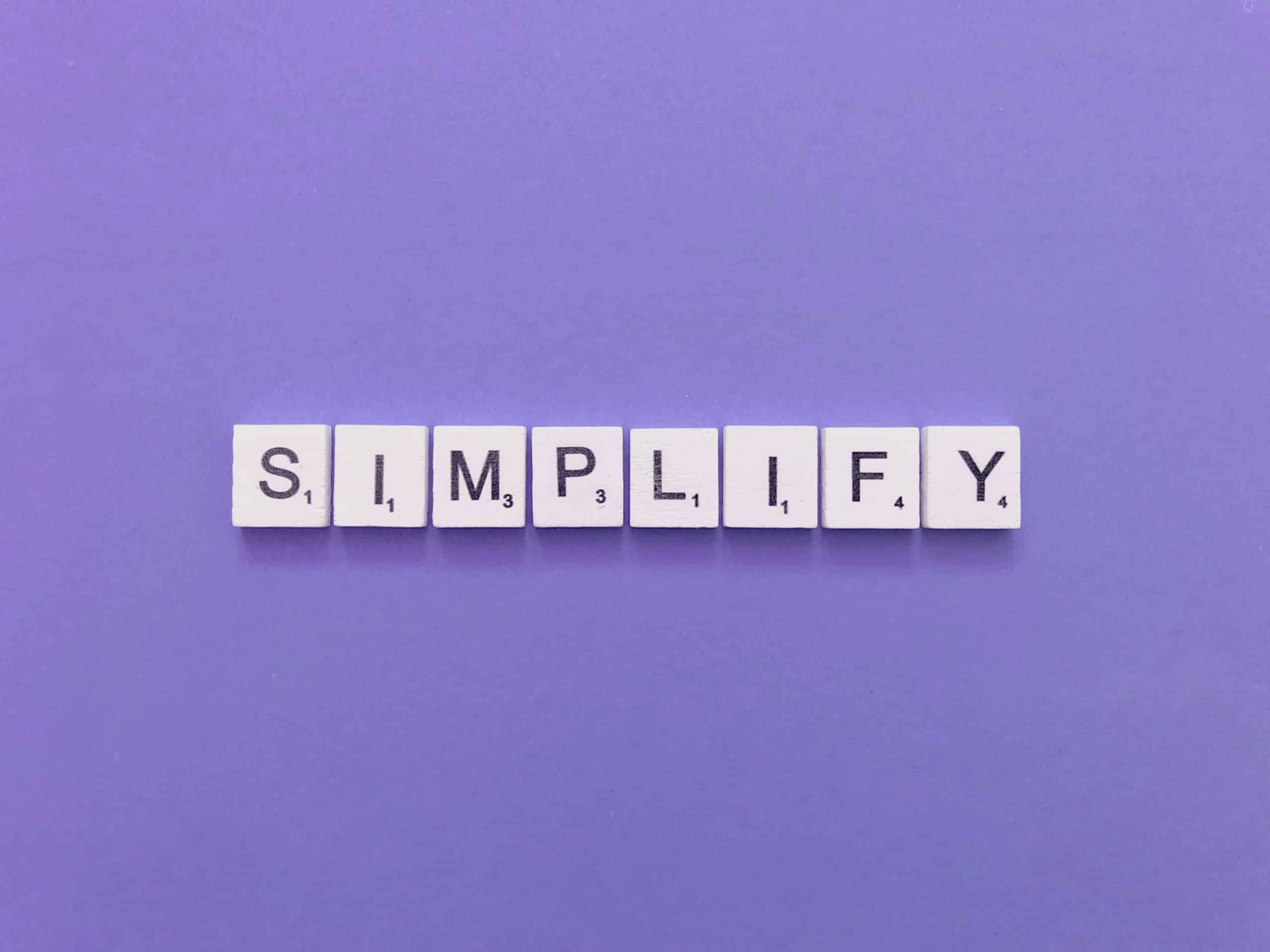A pet is not just any animal, it’s part of the family. When the family cat is diagnosed with a chronic condition such as kidney disease, it can be a devastating blow. Chronic Kidney Disease (CKD) is a common condition in older cats, affecting more than a third. One of the challenges you’ll face when your beloved cat has this disease is ensuring they stay hydrated. This article will guide you on how to help your cat maintain optimum levels of hydration and contribute positively to their overall well-being.
Understanding Chronic Kidney Disease in Cats
It’s essential to understand what Chronic Kidney Disease is and how it affects your cat’s body. This information will give you a clearer picture on why hydration is crucial for cats with this condition.
A voir aussi : What’s the Best Way to Balance an American Staffordshire Terrier’s Diet with Proper Exercise?
Kidneys play a vital role in a cat’s body, including removing waste from the blood, balancing body fluids, and producing specific hormones. Chronic Kidney Disease happens when a cat’s kidneys gradually lose their function over time. This health issue can lead to a buildup of waste in the body, causing a variety of symptoms such as increased thirst, frequent urination, nausea, weight loss, and poor appetite.
Hydration is essential for cats with CKD because their kidneys can’t retain as much water, leading to dehydration if not managed properly. Dehydration can further exacerbate their symptoms and lead to more serious health complications.
Lire également : What’s the Most Effective Way to Introduce Two Adult Male Guinea Pigs?
The Importance of Hydration for Cats with CKD
Cats with CKD may be more prone to dehydration due to increased urination and lack of appetite, which may lead to a decrease in their water intake. This is why it’s important to make sure they’re getting enough fluids throughout the day.
Dehydration in cats with CKD can cause additional health problems, including urinary tract infections and kidney stones. Additionally, it can make the symptoms of CKD worse, leading to decreased appetite, weight loss, and poor overall health.
Water also helps dilute the waste that the kidneys need to eliminate, which can be beneficial for a cat with CKD. When a cat is properly hydrated, it can help slow down the progression of the disease and improve their quality of life.
How to Encourage Hydration in Cats with CKD
There are several ways you can help your cat maintain hydration. These methods range from changing their diet to providing fresh water and using special devices.
Firstly, consider changing your cat’s diet to a wet food diet. Wet cat food contains more moisture than dry cat food, providing your cat with supplemental water. This can be especially beneficial if your cat doesn’t drink much water on their own.
Providing multiple water bowls throughout your house can also encourage your cat to drink more water. Some cats may prefer drinking from a running water source. In such cases, a cat water fountain can be a good investment. These fountains provide a continuous stream of fresh water that cats find enticing.
Regularly check the hydration levels of your cat. This can be done by gently pinching their skin at the back of the neck. If the skin doesn’t spring back into place quickly, it’s likely they’re dehydrated.
Veterinary Interventions for Hydration
In severe cases, a veterinarian may recommend subcutaneous fluid therapy. This involves injecting a sterile fluid under your cat’s skin to help them stay hydrated. While this might sound intimidating, many cat owners learn to administer these fluids at home with guidance from their vet.
To maintain hydration, your vet might also recommend oral solutions like electrolyte solutions or water additives that encourage increased water consumption.
Medications can also be prescribed by your vet to manage symptoms that can affect your cat’s water intake, like nausea or decreased appetite.
The Role of Regular Vet Visits
Regular vet visits are essential in managing your cat’s hydration levels effectively. Through routine blood and urine tests, your vet can monitor the progression of CKD and make necessary adjustments to your cat’s care plan.
Your vet can also provide personalized advice on how to keep your cat hydrated based on their specific needs and behaviors. Any changes in your cat’s drinking habits or overall health should be promptly reported to your vet.
Remember, as a cat owner, you play a key role in ensuring your cat with CKD stays adequately hydrated. It requires patience, diligence, and a careful understanding of your cat’s behaviors and needs. By keeping them hydrated, you’re not just helping them manage CKD, but also significantly improving their overall quality of life.
Tips for Preventing Dehydration in Cats with CKD
Preventing dehydration in your cat with CKD involves a consistent routine of care and attention. Here are some tips to help your cat stay hydrated.
Ensure that your cat has a constant supply of fresh water. Fresh water is more enticing to cats and they tend to drink more of it. You can also invest in cat drinking fountains that provide a continuous stream of fresh water.
Switching to a diet of wet food can also provide your cat with the necessary hydration. Wet food is more palatable and can stimulate your cat’s appetite, encouraging them to eat more and thus ingest more water.
Monitor your cat’s water intake daily. This can be done by measuring the water level in the drinking bowl at certain times of the day. If you notice a significant decrease in water consumption, contact your vet immediately.
You can also check your cat’s hydration levels by doing the skin elasticity test. This involves gently pinching the skin on the back of your cat’s neck. If the skin doesn’t spring back into place quickly, it is likely that your cat is dehydrated.
Lastly, make regular visits to your vet. Regular check-ups can help monitor your cat’s kidney function and hydration levels. Your vet can also provide advice on preventive measures that you can take to help your cat stay hydrated.
Conclusion
Managing hydration in a cat with Chronic Kidney Disease is a challenging but essential task. It involves a deep understanding of the disease, close monitoring of your cat’s behaviors and needs, and regular visits to the vet. By taking the necessary steps to ensure your cat stays hydrated, you are significantly enhancing their quality of life and slowing down the progression of this chronic illness.
As a cat owner, your role is crucial in helping your cat manage their CKD. Your dedication, patience, and love can make a world of difference to your feline friend. So take the time to learn about their condition, provide the care they need, and watch them thrive despite their health challenges. Remember, your cat depends on you for their well-being, and your efforts will undoubtedly be rewarded with their continued companionship and love.







